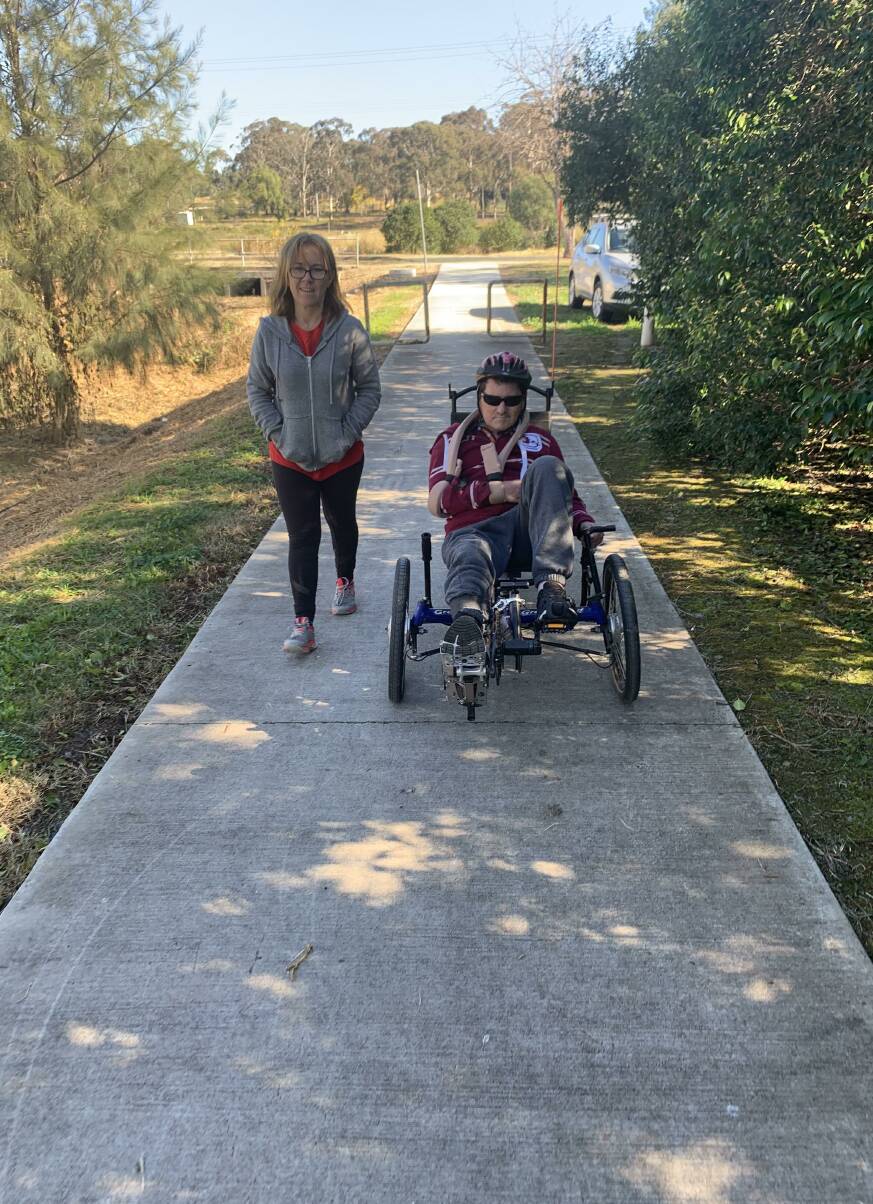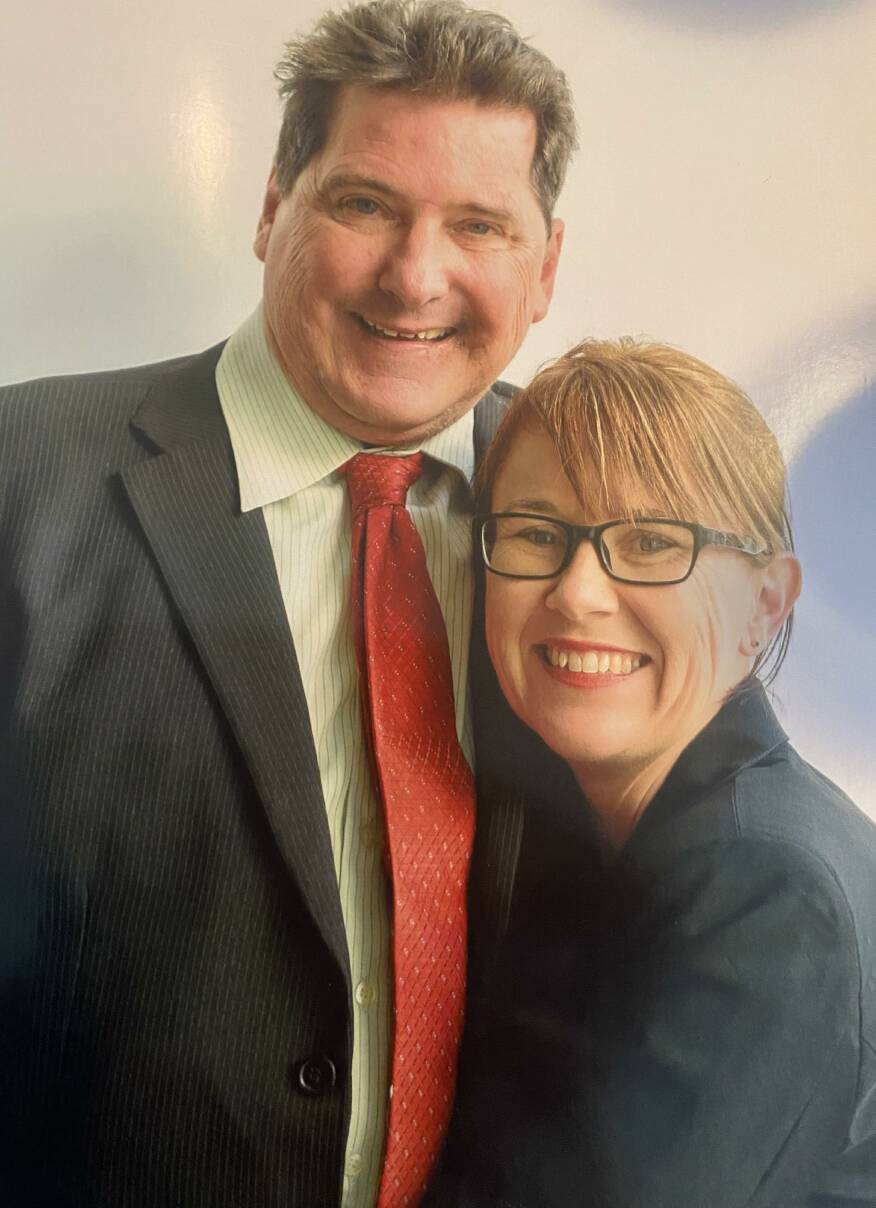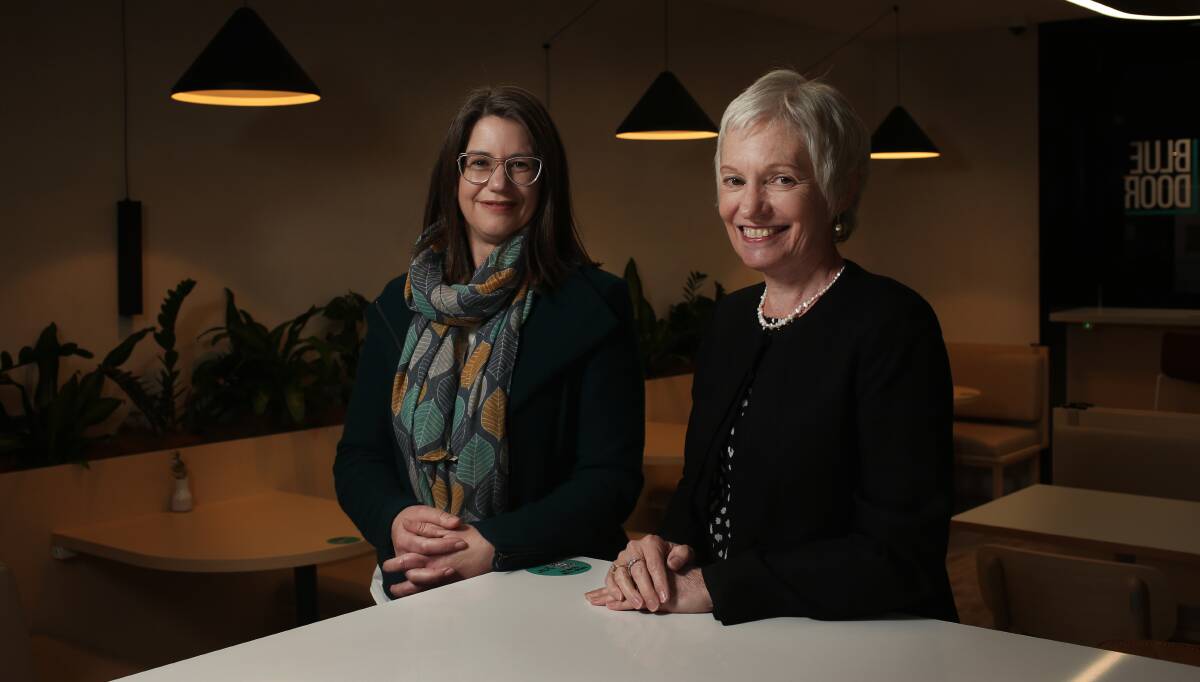
IN 2013, Tracy Ward ducked out to buy a birthday gift with her six-year-old daughter, only to return home to find her 18-month-old son walking around their house crying out "Daddy! Daddy! Daddy!"
The Denman woman found her husband, former Muswellbrook Councillor Stephen Ward, lying on the floor, unable to move, and looking "really, really scared".
"I said, 'Oh my gosh, I think you've had a stroke. I'm calling an ambulance'," Mrs Ward said. "We live about 150 kilometres from John Hunter Hospital, and the ambulance took us to Muswellbrook Hospital - they didn't think he was having a stroke, despite displaying all the FAST signs - Face, Arms, Speech, Time."

A helicopter due to take him to John Hunter Hospital was diverted to a motorcycle accident. Mrs Ward said it was almost four hours later before they got him there.
"By the time we got to John Hunter, it was far too late to give him any blood thinners or clot busters. In those days, you needed to get there within three hours for that," she said.
He required emergency surgery and suffered a seizure, after which his medical team gave him a 50-50 chance of survival.
"We spent four weeks in intensive care, six weeks on the stroke unit and then another five months at Rankin Park in the rehab unit there," Mrs Ward said. "Then there was a further four weeks at the Hunter Brain Injury Unit at Bar Beach. All in all, Stephen was an hour-and-a-half away from home for eight months.
"It was a horrendous time."
Mrs Ward said her husband has not regained the use of his right arm, but his speech had "come a long way", and he had learned to walk again.
Mrs Ward looks at the resources available now, such as the evidence-based, Hunter-developed i-REBOUND After Stroke website which launched this week. She imagines what a difference it would have made to their lives had it been available then.
"We could have done all this exercising, and all these activities at home - because the trips to get rehab were taking an hour-and-a-half each way. And when you've had a stroke, you often suffer from fatigue, so it's very, very tiring," she said. "I-REBOUND has been designed by survivors of stroke, which, if you've been there, and you've done that, you get it, and you understand what you need."

Physiotherapy professor and HMRI researcher Coralie English said they had developed i-REBOUND with stroke survivors to help people stay healthy and help prevent secondary strokes and other associated health conditions. Everything from the website layout, to the recipes and the exercises were informed, and demonstrated, by stroke survivors.
"The risk of having a stroke is higher in rural and regional areas - it is a bit of a postcode lottery. And there's all sorts of reasons for that, but your access to services when you're living in regional areas is lower," Professor English said. "We very much wanted to create a resource that was accessible to everybody. So people could use it whenever, and wherever they are."







